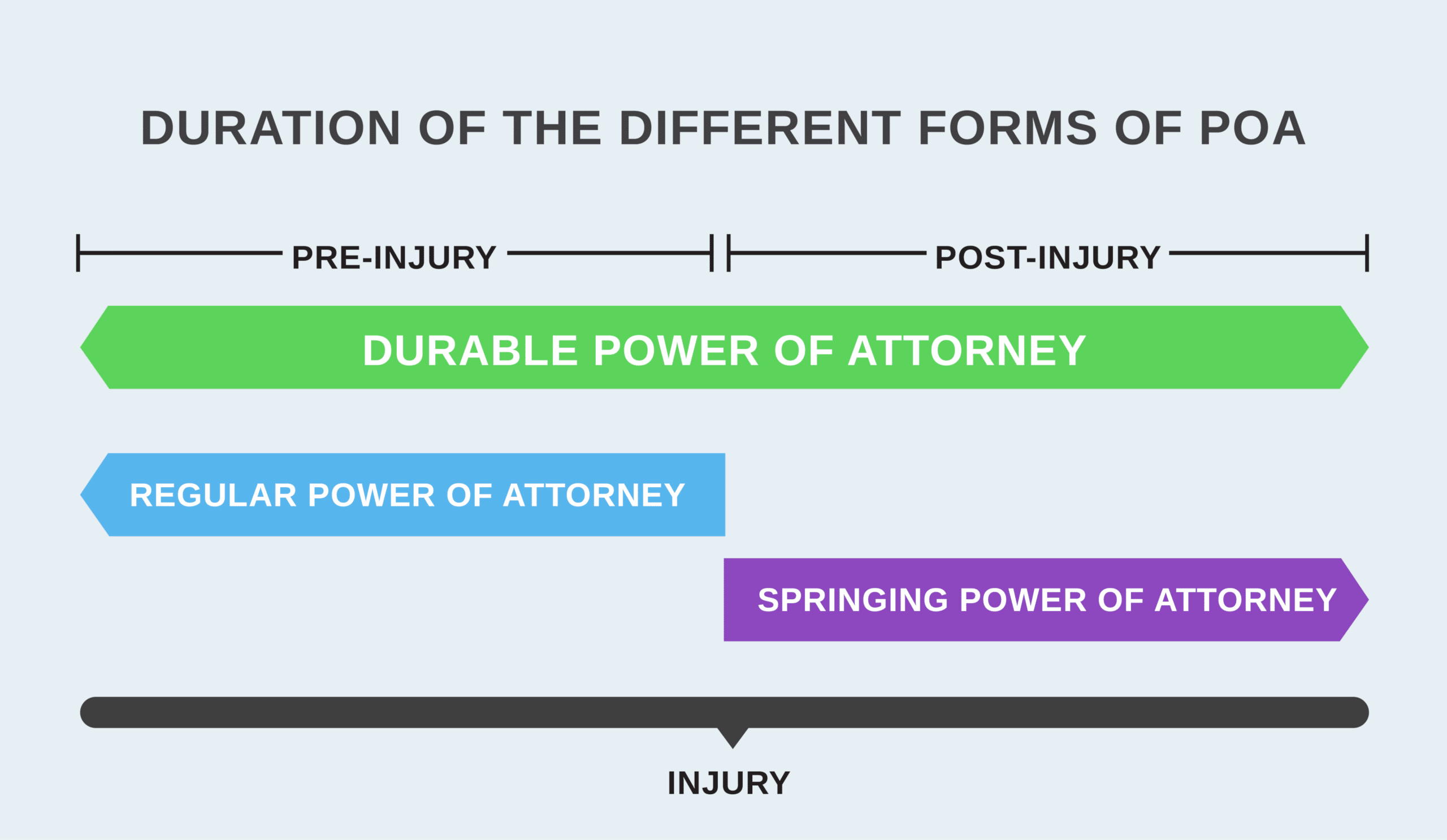Key Takeaways:
- A Springing Power of Attorney becomes effective only under specific conditions, typically the principal’s incapacitation.
- This type of POA offers a higher level of control over when and how representatives can act.
- Understanding its activation criteria is essential for ensuring that it functions as intended.
A Springing Power of Attorney (POA) is a form of legal document that offers a distinct approach to managing one’s affairs. Unlike a standard POA, which is effective immediately, a springing POA activates only when certain predefined conditions are met.
What is a Springing Power of Attorney and how does it work?
A Springing Power of Attorney is a legal document that remains dormant until specific triggering events occur, typically the incapacitation of the principal (the person who creates the POA). This type of POA is designed to ensure that the principal retains control over their affairs for as long as possible.
Detailed Analysis:
1. Activation Criteria:
- Defining Incapacitation: The springing POA requires a clear definition of incapacitation, usually verified by one or more medical professionals. This could be due to mental incapacity, severe illness, or physical inability to manage one’s affairs.
- Documentation Required: To activate the POA, the agent must typically present medical documents or court orders proving the principal’s incapacitation as defined by the terms of the POA.
2. Benefits of a Springing POA:
- Enhanced Control: The principal maintains control over their affairs until the specific conditions for the POA’s activation are met.
- Privacy and Security: This type of POA can provide peace of mind, knowing that it only comes into effect during times of genuine need, protecting the principal’s interests.
3. Considerations and Potential Drawbacks:
- Delayed Activation: The requirement to prove incapacitation can delay the POA’s activation, potentially hindering timely decision-making.
- Ambiguity in Terms: If the terms outlining incapacitation are not clearly defined, it can lead to disputes or confusion about when the POA should become active.
- Legal Challenges: There might be legal challenges in confirming incapacitation, especially if different medical opinions are presented.
4. Best Practices for Creating a Springing POA:
- Clear Definitions: Clearly define what constitutes incapacitation, including who can certify it and what evidence is required.
- Choose a Reliable Agent: Select an agent who is trustworthy and capable of handling responsibilities effectively under potentially stressful conditions.
- Legal Guidance: Work with an experienced attorney to draft the POA to ensure all legal criteria are met and the document is enforceable.
A Springing Power of Attorney provides a secure mechanism for managing your affairs, activating only when truly necessary. By carefully planning and drafting a springing POA, you can ensure that your health and financial matters are in trusted hands when you are not able to manage them yourself.
Get Help Today with Hurban Law, LLC in Lawrenceville, GA
If you’re considering a Springing Power of Attorney or need guidance on how to set one up effectively, contact Hurban Law. Our experienced attorneys can help you navigate the complexities of this important legal tool, ensuring your interests are safeguarded.





